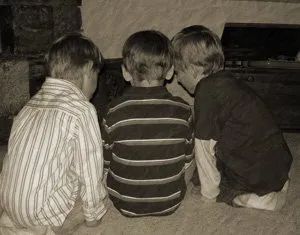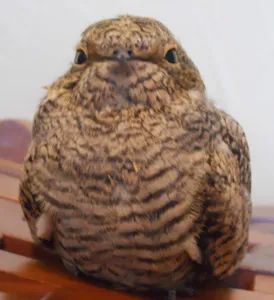
All children need to feel their own sense of worth and belonging. Human beings have an innate need to contribute in meaningful ways within their families, as well as the community around them. Children who have a sense of importance and belonging are more likely to make positive choices and have a healthy self-esteem.
"Alfred Adler, an early leader in psychology and student of Maria Montessori, said the primary need of every child is to feel a sense of belonging and significance...,” wrote (www.SustainableParenting.com) Sustainable Parenting Coach, Flora McCormick in her very informative article entitled Montessori Provides Significance and Belonging which you can read here.
One way that children learn the significance of their own actions, is through acts of kindness. Maria Montessori knew this...
"They (children) will imitate us in any case. Let us treat them, therefore, with all the kindness which we would wish to help develop in them.”
~Maria Montessori
She also knew that an inclination for kindness toward "living beings" is prevalent in young children. In her book, Discovery of the Child, 1967, Montessori wrote, "Children have an anxious concern for living beings, and the satisfaction of this instinct fills them with delight. It is therefore easy to interest them in taking care of plants and especially of animals." What is even more amazing is that when this need is fulfilled, children naturally take ownership of their school environments. They want to care for one another and the classroom.
 Dragonheart the Nighthawk
Dragonheart the Nighthawk

I recently had an opportunity to watch these remarkable forces at work with my own two children. It is a little known fact that I care for injured and orphaned songbirds in my home (don't ask!) My two young sons have been tolerantly sharing their mother's time and attention with a never ending supply of needy "living beings," and they rarely need to be asked to help.
I received a call from "Karen" whose young (7 or 8 year old) son had found an injured nighthawk. The little bird was found lying on the side of the road with a broken wing. Karen’s boy was beside himself, he begged his mother to do something to help this injured animal. She made a few phone calls, which led her to me. She and her son promptly delivered the bird to my home.
My boys helped get our office/ bird ICU ready for their arrival; they turned off lights and noises, put the dog outside, and plugged in the heating pad. Then they welcomed our new patient and its rescuers when they arrived.
I was very preoccupied with tending to the injured bird (I was also late for work at this point, so I was in hurry-up mode.) I didn't notice Karen's little guy struggling to hold back his tears, but my children did. They wrapped their arms around his shoulders and did their best to comfort him. They explained what I was doing and why, and assured him that his little bird would be cared for and loved.
It was such a touching scene and a beautiful example of children's natural desire to care about all living things around them, including one another.
Caring relationships with both people and animals are important factors in childhood development. Such relationships foster self-confidence, responsibility, empathy, social skills, problem solving skills and a healthy respect for life, to name a few.
Just as a final note, the nighthawk (named Dragonheart by her rescuer) survived the ordeal and was eventually released back into the wild.





















